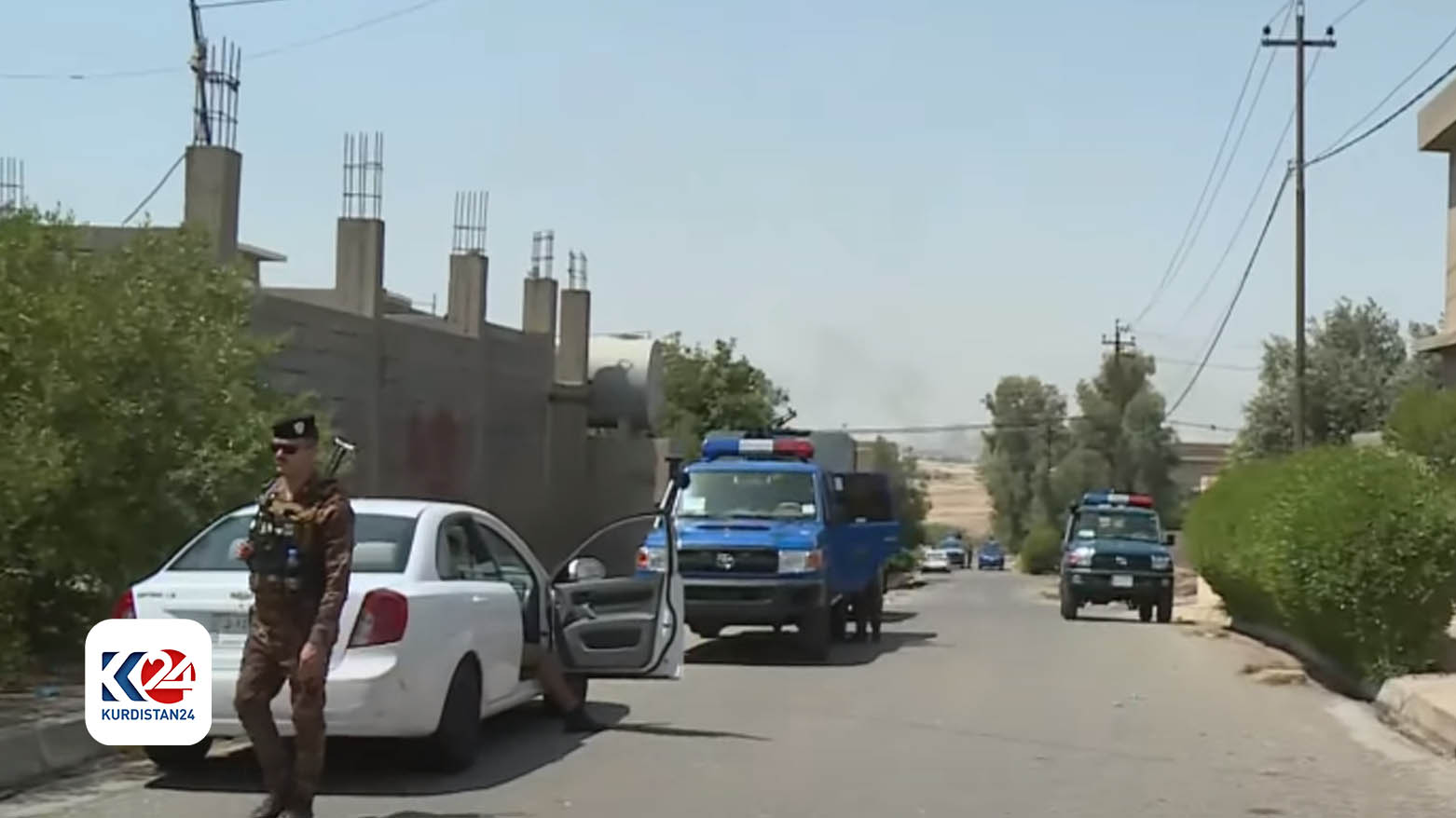Experimental census begins in Kirkuk amid tight security measures
Article 140 of the Iraqi constitution outlines a three-phase process for resolving the status of Kirkuk and other Kurdish territories outside the Kurdistan Region's authority. These phases include normalization, a census, and a referendum.

ERBIL (Kurdistan24) - The experimental census process commenced today, Friday, May 31, 2024, in Kirkuk, involving three teams operating in different areas of the city: Gurgachal, Baglar, and Aden.
This initiative is part of a two-week experimental census being conducted across Iraq and the Kurdistan Region.
Kurdistan24 reporter Hemin Delo in Kirkuk reported that the teams will be conducting the experimental census under strict security measures, highlighting the importance of the process in a city with a diverse ethnic population and contested status.
The census in Kirkuk holds significant importance due to the city's multi-ethnic composition and its status as a disputed territory.
Article 140 of the Iraqi constitution outlines a three-phase process for resolving the status of Kirkuk and other Kurdish territories outside the Kurdistan Region's authority. These phases include normalization, a census, and a referendum.
In Erbil, this trial census is being conducted under the supervision of the Kurdistan Region Statistics Office, in coordination with Iraq’s Ministry of Planning.
Read More: Experimental census launched in Kurdistan Region, Iraq
The last census conducted in 1997 recorded Iraq's population, including the Kurdistan Region, at 22.33 million people.
This experimental census aims to ensure the readiness and effectiveness of the upcoming general census, providing critical data to support planning and development initiatives throughout the country.
Iraq’s Ministry of Planning has announced plans to conduct a comprehensive population and housing census on November 20, covering all provinces including the Kurdistan Region.
This initiative aims to provide an accurate survey of the population, ensuring a fair distribution of revenue.
Read More: Iraq to conduct comprehensive census to ensure fair distribution of revenue
"The population and housing census will provide an accurate survey of the actual population in all provinces, thus ensuring a fair distribution of revenue," said Abdul-Zahra al-Hindawi, spokesperson for the Ministry of Planning, in an exclusive interview with the Iraqi News Agency (INA).
The Iraq's Ministry of Planning has made extensive efforts to conduct the census in accordance with scientific and international standards, utilizing advanced electronic technology to ensure information accuracy above 90%.
Read More: Iraqi ministry contracts international firms for general population census
This comprehensive census is expected to play a pivotal role in shaping Iraq's future economic planning and resource allocation, contributing to equitable development across the country.
Despite the optimism, however, one continuous dispute in previous census attempts has been the Kurdish refusal to undergo such a tally while the issue of Kirkuk remains.
Kurdish parties have voiced concerns over the “demographic changes” that have taken place in Kirkuk province following the events of Oct. 16, 2017, in which Kurdish forces were ousted by Iranian-backed Shiite militias and the Iraqi army.
Since then, a significant number of Arab families have moved into the province, threatening the historically Kurdish-majority demographics of certain areas.
In addition, the 1970s saw the Ba'athist regime beginning a massive campaign to change the demography of the province, resettling Arabs and seizing lands owned by Kurds, who today often resort to using Ottoman-era titles and deeds to prove their case.
Ratified in 2005, Article 140 of the Iraqi Constitution stipulates that the status of the province is to be decided by conducting a census, followed by a referendum, and ensuing de-Arabization of the area.